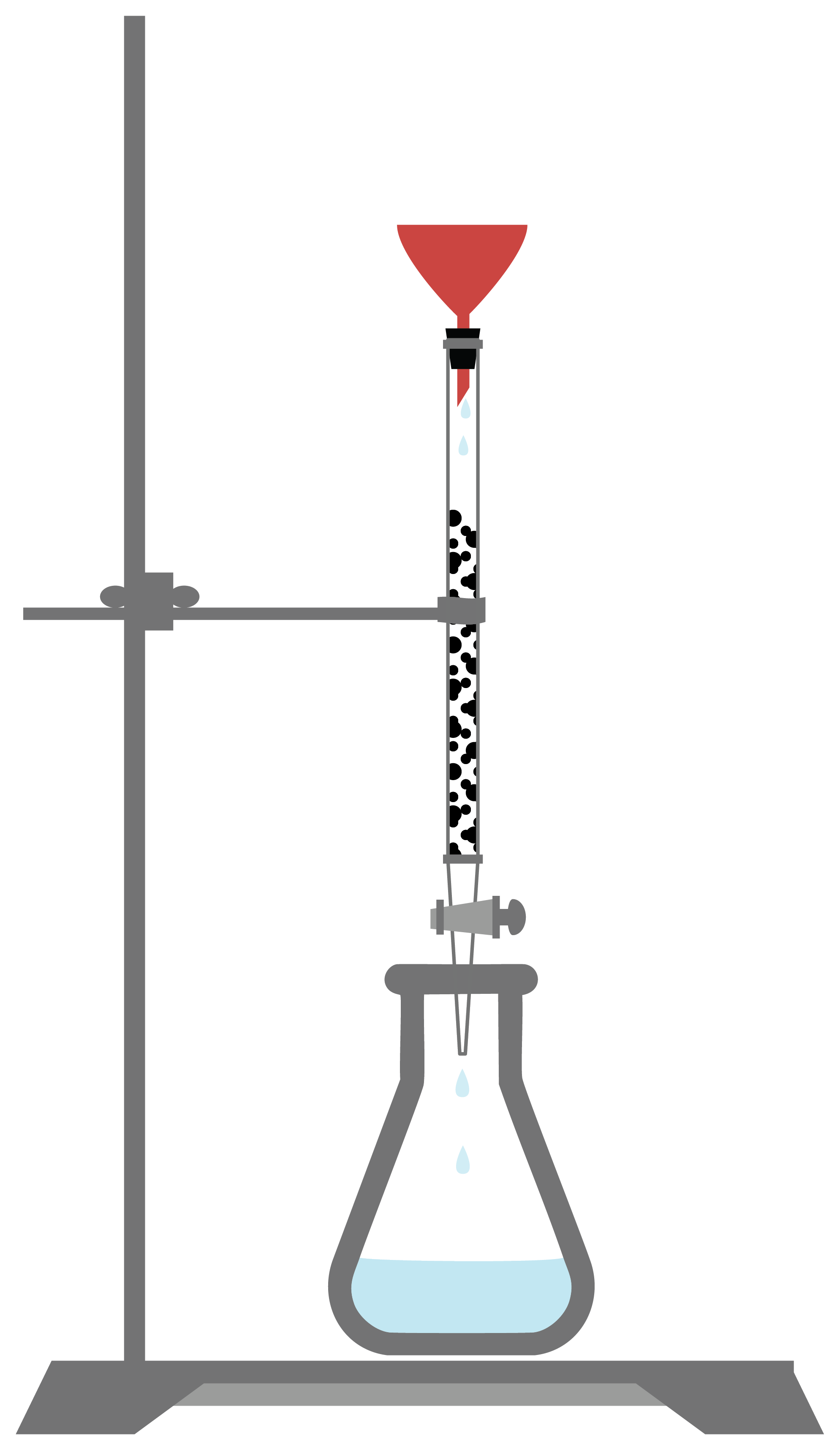
5 minute read
MOLD, BACTERIA & RESULTS
MOLD, BACTERIA & RESULTS
Bruce Liu successfully grows penicillin in Delphian’s science lab
“The project was really about seeing what I could learn on my own through research and experimentation.”
Form 7 student Bruce Liu recently completed a science project where he made penicillin in the science lab. In this interview, Bruce shares details about the process and what he learned during his project.
Delphian Magazine: Why did you decide to do this project?
Bruce Liu: I first learned what penicillin was while doing a research project when I was younger. Since then, I’ve been very interested in it as it is very important in medicine. So, when faced with the problem of coming up with a Form 7 science project, seeing if I could grow penicillin in the lab was an intriguing idea.
DM: How did you grow penicillin?
BL: The first step was doing a lot of research. As you may know, penicillin comes from penicillium mold, which commonly grows on food in the right conditions. So, I needed to start the project by cultivating mold on food.
First, I attempted to grow it on a zucchini, which, though it did mold, wasn’t right and smelled terrible. So, after researching more, I began trying to develop the mold on bread.
To speed up the process, I tried to find moldy bread in the dining or snack areas, but there wasn’t any, which was good for the school’s food safety but not helpful for my project.
Eventually, after over two weeks of waiting, the bread produced a promising-looking mold. I studied it under a microscope and was able to identify it as penicillium mold.
DM: What came next?
BL: From there, I needed to cultivate just the penicillin separately from the other bacteria and types of mold that may be growing on the bread. So I prepared several petri dishes with samples of the mold mixed with corn syrup and put them in the lab’s incubator for another week.
Once that process was completed, I needed to try to extract and purify the penicillin for “medical” use. I did this by mixing the mold with oil and then putting it through a burette, which is a graduated glass tube with a tap at one end used in laboratories for measuring out small volumes of a liquid.

DM: What did you do with the penicillin after the purification process?
BL: I tested it to see if it worked. Of course, I didn’t test it on a person as that is not safe to do with homemade penicillin and could get someone sick. While I was growing the penicillin mold in the petri dishes, as mentioned earlier, I was also simultaneously growing bacteria in separate petri dishes in the incubator.
I took some of my purified penicillin and added it to the bacteria dishes to see what would happen.
After letting the penicillin and bacteria sit overnight, I reviewed the results under a microscope. I found that the bacteria were no longer alive, which means the penicillin did its job. It also means, ostensibly, that I successfully created penicillin.
The penicillin created for doctors is of course a much more precise process than what you can achieve in a high school lab, but I was happy with the success I was able to achieve at this level.
DM: What was it like developing a project like this?
BL: When doing this project, a staff supervisor was available in the lab to answer questions, ensure proper safety precautions were in place, and help find the right equipment, but for the most part, there was a lot of freedom to research and experiment.
Prior to this experiment I had done biology and science courses, but I think that was really just a part of it. Since Delphian teaches you how to study and learn on your own, the project was really about seeing what I could learn on my own through research and experimentation.
Because of this there were a few wrong directions, like trying zucchini as mentioned earlier and then switching to bread and then trying different things to get the bread to mold faster.
Had I been doing this experiment in a traditional classroom, there probably would have been a set procedure; doing it this way I was able go in different directions and had the freedom to add my own research and ideas to the experiment rather than just following instructions.
For example, the bread took forever to mold using the original instructions I found, which used sweet rice juice. So, instead, I tried corn syrup, which worked much faster and helped to speed up the process.
Having the space to innovate helped make it more efficient; I learned more, and I think the experiment went better.
DM: Has this project changed the way you view medicine?
BL: This project helped me realize how complex it is to make medicine, and I appreciate what is available to us today compared to maybe two hundred years ago.
DM: What are your plans after Delphian?
BL: I’ve always been interested in healthcare; it’s something that I feel is very important. The doctors I have met and worked with in my life have been very kind and responsible for their patients, and I think it’s vital to have good doctors around.
My interest in medicine began in part from receiving helpful care as a child and making frequent visits to my dad’s clinic in China. So, it’s something I’ve always been around and admired as a profession.
I plan to go to college and work toward becoming a doctor or towards a career in hospital management; I haven’t totally decided yet, but I am sure I’ll figure it out at NYU this coming fall.




